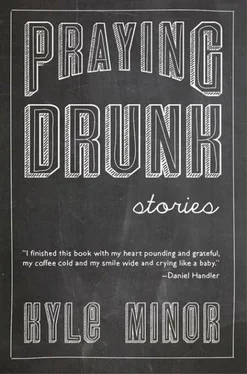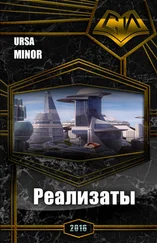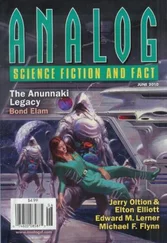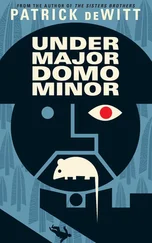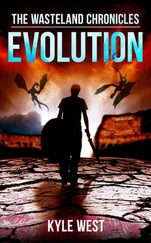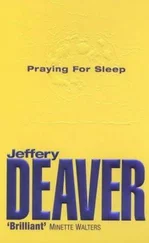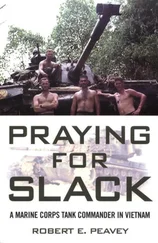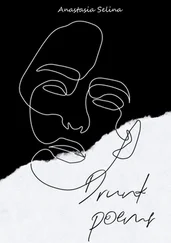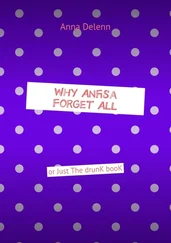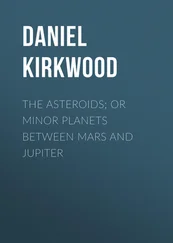We stared at the pig for a long time. I imagined the woman’s feet in its mouth. Then the man laughed bitterly. “Do you think this is a village where we feed the parts of people to animals?” He said it to shame me.
When I told Sebastian, he said, “Don’t believe it. I don’t trust that pony.”
5. The Third, Fourth, Fifth, and Sixth Curses
Once, late at night, we were trying to sleep in the reclined seats of a borrowed Jeep in the middle of the treeless forest, on our way to cross the Dominican border. We both kept machetes under the seats, and I had a gun. Somewhere near enough to hear but not near enough to see, a lot of people were singing and beating drums. I kept the keys in the ignition.
Sometime before morning, Sebastian said, “Tell me about your mother.”
“She was a good woman,” I said, “but for twenty years she refused to talk to her sister.”
“Her sister slept with her husband?” Sebastian said.
“No,” I said. “It was a misunderstanding. Her sister forgot to pick me up from school one afternoon, and one time she left me alone in her house for a half hour while she went to the store to buy some groceries. There was an incident with somebody saying something to somebody else about what somebody else said to some other person. I’m not sure I understand it.”
“After I was born, my mother ran away,” Sebastian said. “No one knows where. There was some kind of craziness in her family. My father said many of them had been turned into zombies. He took me to see them near Furcy. They were chained to a plow, four of them, and pulling it. My father said, ‘That’s vodou,’ and I said, ‘No, it’s not. That’s mental illness.’ The farmer had a whip, but he wasn’t driving them with it. He didn’t need the whip. Their spirits were broken already. They were machines with broken brains.”
He reached under his seat for his water bottle and took a sip. “Why are people so bad to each other?” he said. “There was this crazy woman. She always came into town with this mongrel dog. She only had one friend. He was a crazy person, too. A line of drool always hung from his mouth. He had gums instead of teeth. Sometimes he stole some food for her dog. I never saw her eat. She was always looking for food for the dog.”
Sometimes when I think of him, now, it’s this moment. He’s staring out the window in the direction of the mountains of Massif de la Selle, thinking about his mother.
“Sometimes she slept on the steps of the mission school. When she did, we stepped over her. Someone might poke her with his foot, to wake her. Someone probably kicked her sometime, but I never saw anyone do it.
“One morning the dog was gone. She was walking the street, looking for the dog. All day she was looking. The next morning, she lay on the steps of the mission school. I stepped over her. We all stepped over her. Nobody poked or kicked her. We let her sleep. We felt sorry for her, because of the dog.
“She was still lying there at the end of the school day, when they opened the doors and let us free. She didn’t move the whole day, and then she didn’t move the whole night. One of the teachers came along and covered her body with a black sheet. Nobody wanted to take her body. Nobody wanted her to live forever with their own dead. Nobody wanted her bones with their bones.
“Nobody claimed her body until the next morning. It was the crazy man who fed her dog. He lifted her body, sheet and all. He was talking to her. He had her under the armpits, and he started spinning with her. He was dancing with her. They were turning and turning. He was making a noise like an animal soon to the slaughter.
“People were yelling. Put her down, put her down! The boys picked up rocks and threw rocks at him. He had to flee. He tried to carry her away with him, but she was too heavy. The rocks were still coming. His face was bloody from them, and his shirt was torn. Finally, he dropped her in the grass by the side of the road. She lay there for three days, and then a Dutch man paid to have her buried in another village. He sent two men to collect her body.
“For a while I didn’t think about her much. But after I saw her relatives chained to the plow, I thought: Could that crazy woman have been my mother?”
6. The Tumor
The kids at the orphanage said, why do you ride around with Sebastian?
The missionaries said, watch out. He wants things from you. He will steal things from you. Watch your guns. Watch your jewelry.
The man at the tree place told me about a cash-for-charcoal scam that ended in nobody getting any charcoal. The man at the art kiosk across the street from the mission told me about a middleman scheme. The man who built the wooden A-frame houses that were meant as temporary housing, but which the people who bought or received them meant to last a hundred years, told me about a strike-and-extortion scheme, which yielded nothing. “I have a hundred bodyguards,” the man said, although he only had two. A farmer in Artiste told me of a scam where Sebastian tried to sell electricity he was stealing by tying barbed wire to the new power lines the president was running up the mountainsides. “Does he think I don’t have barbed wire?” the farmer said. “Everyone has barbed wire.”
Almost every day, Sebastian asked me for more money. He said his nephew needed money to give the school for photocopies. He said his niece needed money for needle and thread. He said the church needed money for sound equipment. He said his father needed money for a saw and a lathe and a level, so he could start a new business as a carpenter. He said he knew a man whose father had a tumor the size of a small grapefruit on his prostate. He said he needed money to take out the tumor and the prostate. “Let me see this man,” I said. “Take me to see this man.”
We walked down into Sebastian’s village. “Don’t be alarmed,” Sebastian said, “when you see their eyes.” All the members of the family had a degenerative eye disease. They all went blind by age twenty-five. “My friend is twenty-three,” Sebastian said. “You can see it already. The disease is eating his eyes.”
There were eight small children, two teenage girls, Sebastian’s friend, and his father and mother, both of whom were in their seventies. Sebastian’s friend was a very late child. (“A miracle child,” I said. “A shame and a burden,” Sebastian said.) The teenage girls and the children were the sons and daughters of sons and daughters and grandsons and granddaughters who had long since fled for the city. These were the unwanted children, or the too-many children, or the children taken early by the blindness. Sebastian’s friend was working for tips at the Hotel Kinam to bring in money, and tending the garden in the mornings. When he was gone, people stole from the garden. There was no one in the family able enough to do anything about it.
We greeted Sebastian’s friend. “My friend,” he said, “my good friend. You will come see my father.”
He led us through a maze of banana trees, past the hundred-year-old stone house, to the unfinished concrete house at the back of the property. It had holes for windows and a hole where the roof would go. The old man sat shaking in a chair at the center of the one room. Piles of construction sand filled the four corners.
The old man leaned on his cane and shook. He waved us near him and spoke. He had the breath of brown death. After he said half a sentence, he paused to catch his breath, and Sebastian translated. “I saw you in a dream,” he said. “Bondye sent you from America. Your journey took you over the sea. You are estranged from your mother. You are wearing glasses and you have beautiful shoes.” Most of these things were true. “Bondye said this man will come,” he said. “You will show him your wound. He will lay hands on your wound, and your wound will be healed.”
Читать дальше
